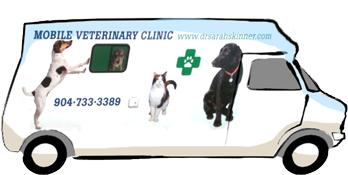During National Poison Awareness Month, CATalyst Council Warns of Common Cat Poisons.
During National Poison Prevention Awareness Month, the CATalyst Council warns of common cat poisons.
To mark the start of National Poison Prevention Awareness Month, the CATalyst Council, a national initiative comprised of animal health and welfare organizations working on behalf of cats, is reminding cat owners of the following common household items that pose a poisoning risk to their pets.
- Household plants. Cats are frequently poisoned by nibbling on plants. While most of the time an upset stomach is the only result, there are plants that can kill your cat if ingested. Lilies– especially Easter lilies– are the most common lethal plant. Should you suspect that your cat has eaten a plant, bring the plant (or part of it) to the veterinary clinic so the source of the poisoning can be identified.
- Human food. Giving your cat table scraps is never a good idea. While most table scraps only lead to stomach upset, there are human foods that pose a risk of making your cat seriously ill, like onion, garlic, chives, chocolate, caffeine and macadamia nuts.
- Medications. The ingestion of medications, both human and animal, is one of the most common causes of poisoning for cats. Be sure to keep all medications (even the medications prescribed for your cat) in a safe place that your cat can’t reach.
- Mouse or rat poison. Cats usually don’t ingest these poisons directly; rather, they eat it when they catch a mouse or rat that died or was made ill by the poison.
- Flea collars and medications. While it’s important to protect your cat from fleas and ticks, it’s just as important to ensure that you are doing so in a safe manner. Cats can be poisoned by flea collars if they ingest them. If you use one, make sure that it is properly secured. If you use a topical flea and tick preventive, be sure to apply it properly as recommended by your veterinarian.
If you are ever concerned that your cat has ingested something it should not have, call your veterinarian or the ASPCA’s 24-hour Emergency Poison Hotline at 888-426-4435, and make sure you have those numbers handy in case of emergency.





Sorry, comments are closed for this post.